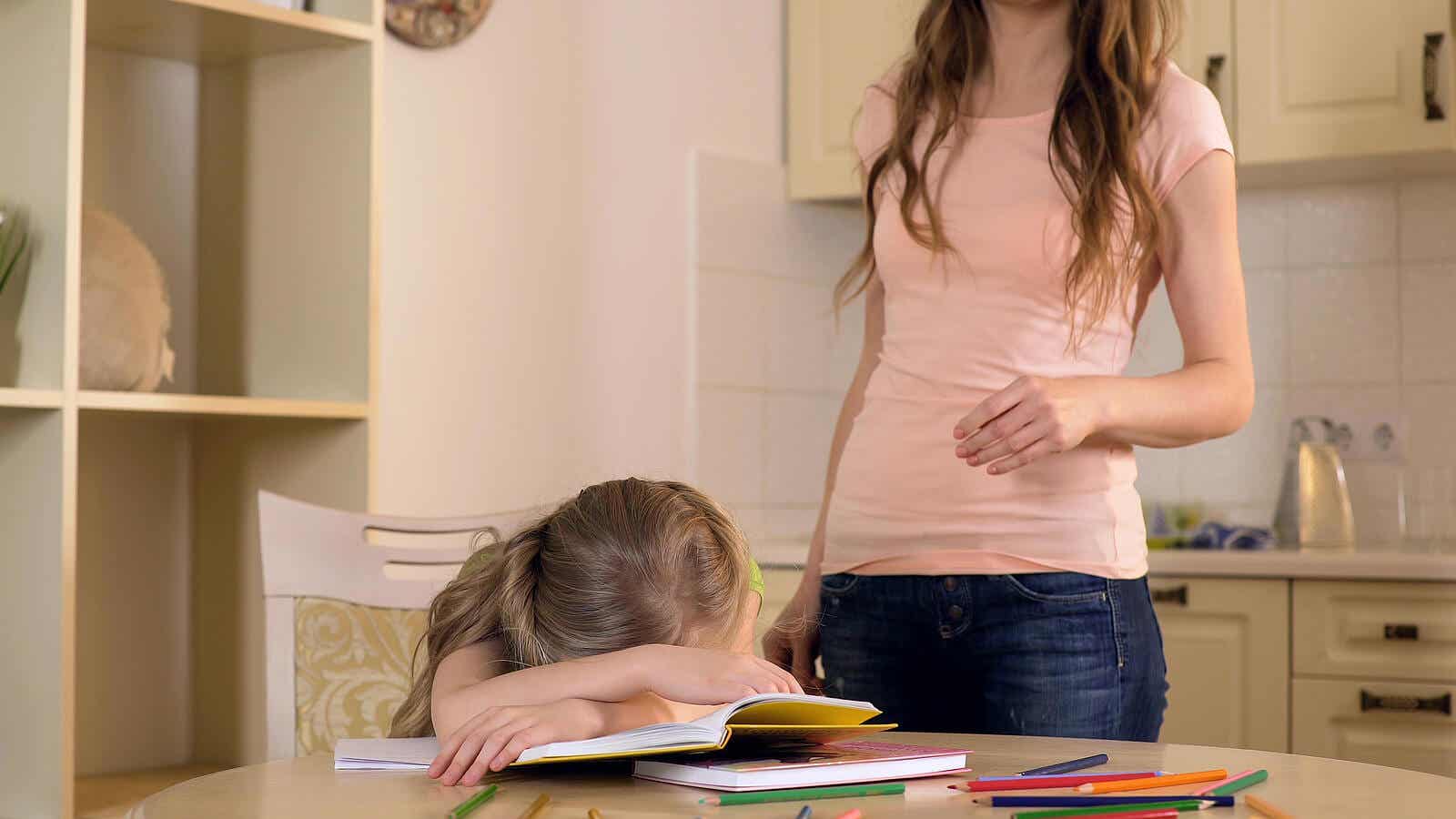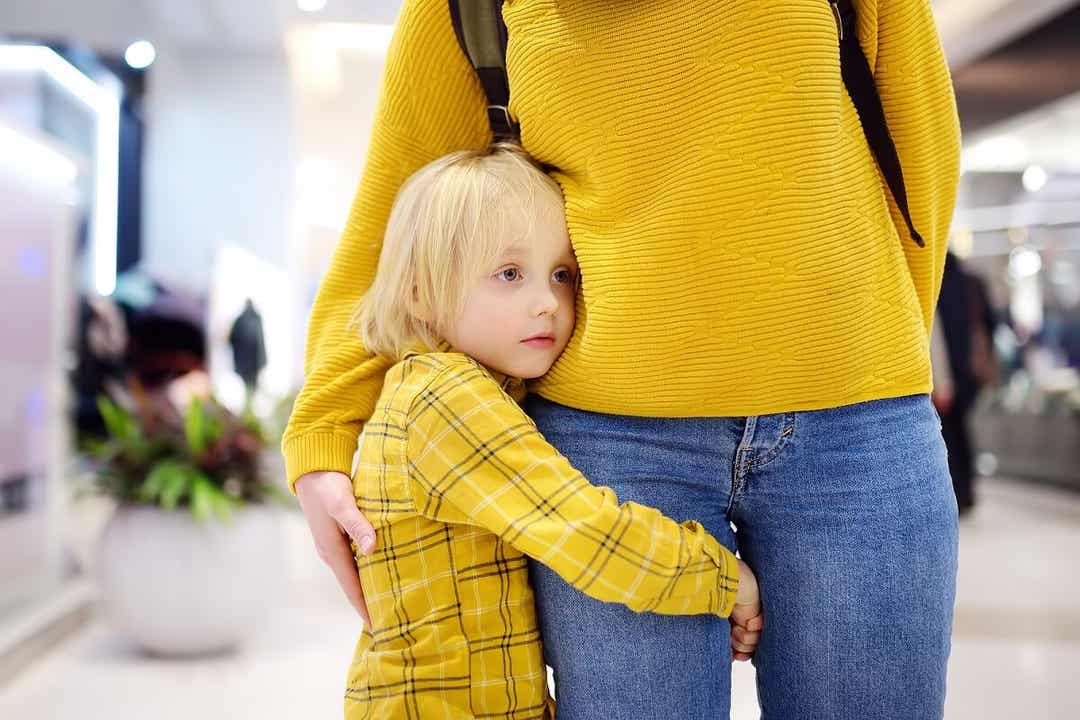Toxic Families and the Disorders They Can Cause

The family is a system of relationships made up of a group of people who live together on a daily basis. When we talk about toxic families, we’re talking about those that fail to provide security and affection and fail to satisfy the needs required by its components, we may be dealing with toxic families. Within the family, communication allows for the expression of needs, desires, and feelings aimed at a common goal: Family welfare.
The family nucleus acquires great importance in the process of upbringing and education of each and every one of us, especially when we’re very young. It establishes a relationship of support and affection that provides children with a safe environment and allows them to acquire values, beliefs, and models for a correct relationship with others.
In this way, the family isn’t only in charge of educating and assuring basic needs such as food or hygiene, but also marks to a great extent the behavior pattern of its members through habits and the way they interrelate.
A dysfunctional family provokes negative feelings and sensations in its components that directly or indirectly affect the personal development and psychological wellbeing of its members.
Discover: What is a Dysfunctional Family and How Does It Affect Children?
1. The Pygmalion effect and its influence on children

The Pygmalion effect refers to the potential influence that one person’s beliefs about another person have on the latter’s performance. It’s nothing more than the roles (both positive and negative) that children assume under the influence of their parents.
Therefore, any label we put on our children such as “you’re lazy, you’re annoying, you’re stupid”, can have a great impact on them. Toxic families aren’t aware of how much influence they have on their children. They don’t know that any label can be adopted, later on, by their children.
It’s crucial that we watch what we say within the family nucleus. Not with the objective of keeping children in a bubble but, rather, to establish more constructive and healthy bonds.
2. Lethal love
Parents commonly use some phrases like “No one could love you more than we do”. If they take this literally, it may cause them to feel that, even if they haven’t felt very loved in their family environment, they don’t have the right to complain because “they were doing it for my own good”.
The big problem with these types of behavior is that it usually leads to a great silence in more extreme situations. This often occurs in cases of mistreatment or emotional abuse.
When we refer to toxic families, it’s important to know that family love may not always be healthy. Just because it’s your family doesn’t mean it’s a good environment. In fact, it can be very toxic.
3. Overprotective parents

Another characteristic of some toxic families is overprotective behavior.
Over-protection can cause emotional dependency. Children may continue to struggle with it throughout their adult life. Families should maintain a balance and nurture children into independent adulthood.
In extreme cases, emotional dependency results in insecurity. It may also lead to a loss of self-confidence. In addition, it can lead to other severe emotional problems that aren’t easily fixed. Everything that happens in our childhood affects us.
This article may interest you: Toxic Family Members: How can You Defend Yourself From Them?
4. Projected wants and insecurities
How many times have you seen a couple in conflict position their children in the middle of it? We may deny it, but, as parents, we get consumed by our problems. Thus, we tend to ignore the effect this has on the people around us, including children.
Many families project their frustrations and insecurities onto their children, which puts them under a lot of unnecessary pressure! They aren’t responsible for adults’ problems.
All these situations could lead to depression, limited personality disorders, emotional dependency, and many other psychoses that become complicated and hard in one’s adult life.
All cited sources were thoroughly reviewed by our team to ensure their quality, reliability, currency, and validity. The bibliography of this article was considered reliable and of academic or scientific accuracy.
-
Altarejos, F. (2002). La relación familia-escuela. 113 ESE Nb003.
-
Valdivia Sánchez, C. (2008). La familia: concepto, cambios y nuevos modelos. La Revue Du REDIF.
-
Garcia de Herrera, L., & Caceres Manrique, F. de M. (1989). Atención primaria en salud mental para escolares: segunda parte TT – Primary care in mental health for students: second part. Rev. Univ. Ind. Santander, Salud.
This text is provided for informational purposes only and does not replace consultation with a professional. If in doubt, consult your specialist.








